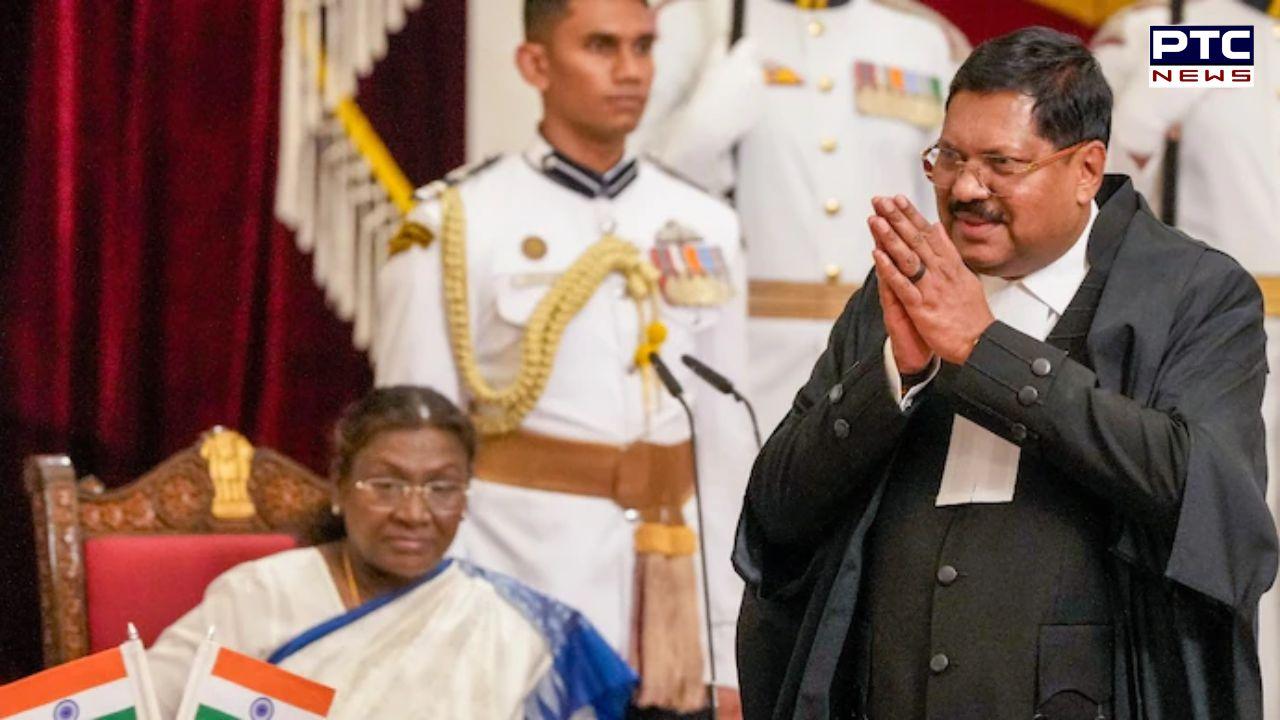

President Murmu flags overreach in Supreme Court's ruling over Governor's powers
PTC News Desk: As the gap between judiciary and executive widens, Justice BR Gavai who was sworn in as Chief Justice of India has faced one of the most pressing questions on whether the Supreme Court can set a timeline for governors and the President, as observed by a two-judge bench in a landmark judgment in the Tamil Nadu Governor case.
In a firm rebuttal to the Supreme Court's April 8 verdict, President Droupadi Murmu has questioned the validity of such a ruling, emphasizing that the Constitution does not prescribe any such time frames.
The President's response highlights that Article 200 of the Constitution of India delineates the powers of the Governor and the procedures for granting or withholding assent to Bills, as well as reserving a Bill for the President's consideration. However, Article 200 does not specify any timeline for the Governor to exercise these constitutional options.
Similarly, Article 201 outlines the President's authority and process for assenting to or withholding assent from Bills, but it does not impose any deadlines or procedures for the exercise of these constitutional powers.
Furthermore, the Constitution of India recognises numerous instances where the President's assent is required before legislation can take effect in a state. The discretionary powers of the Governor and the President, as provided under Articles 200 and 201, are shaped by multiple considerations, including federalism, legal uniformity, national integrity and security, and the doctrine of separation of powers.
Adding to the complexity, the Supreme Court has delivered conflicting judgments on whether the President's assent under Article 201 is subject to judicial review. States frequently approach the Supreme Court under Article 32--rather than Article 131--raising federal questions that inherently require constitutional interpretation, states the president's response.
- With inputs from agencies
